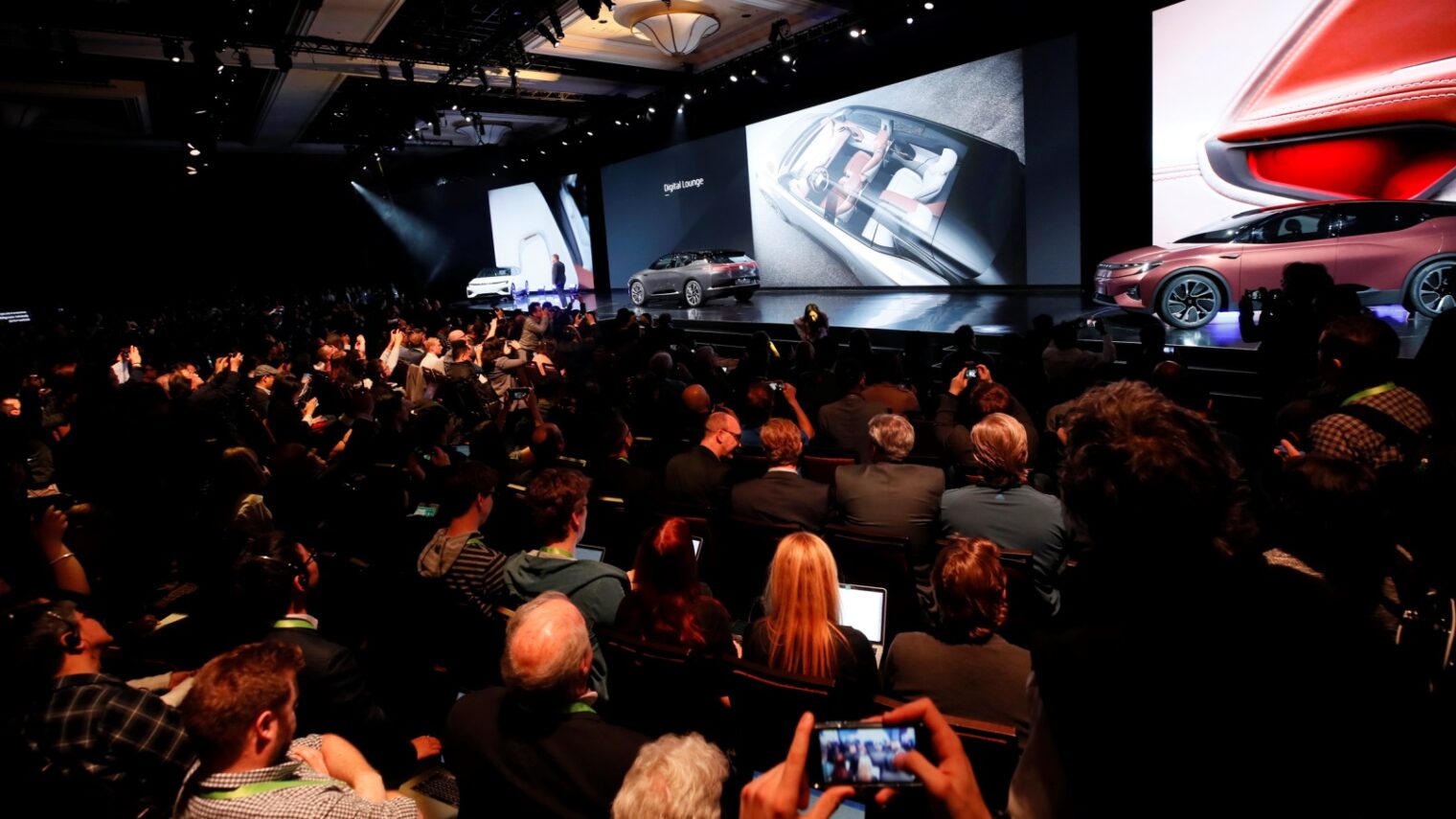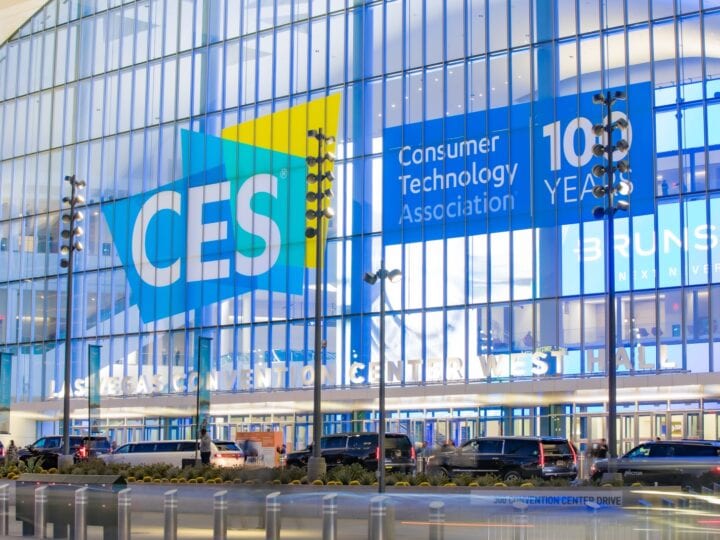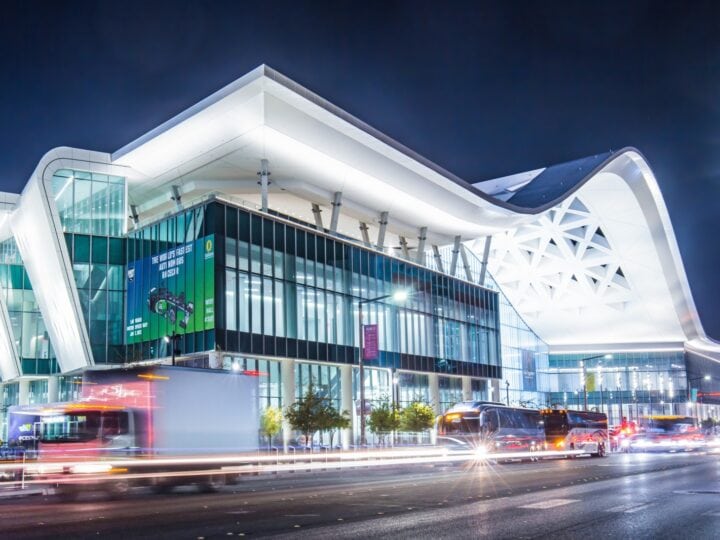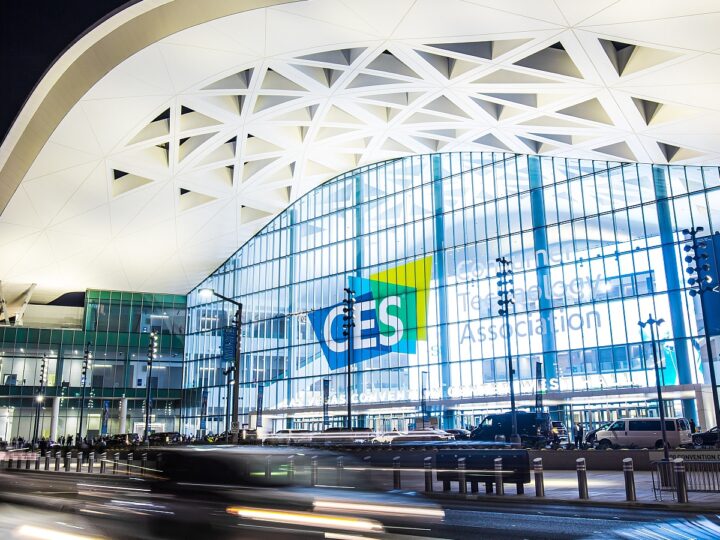Intel’s blockbuster acquisition of Israel’s Mobileye last year is finally bearing public fruit: The combined companies unveiled their first autonomous vehicle at the Consumer Technology Association’s flagship event, CES, in Las Vegas on January 9-12.
Mobileye develops the sensors and software that allow a car to know where it is in relation to its surroundings. That key component for the coming self-driving car age was the main reason Intel bought the company in March 2017 for more than $15 billion.
Prof. Amnon Shashua, Mobileye’s CEO and now a senior VP at Intel, shared the CES stage with Brian Krzanich, CEO of Intel, as a Mobileye-powered autonomous Ford Fusion drove onto the stage. The car is equipped with 12 cameras, radar and scanners that give it a 180-degree view from a distance of up to 300 meters.
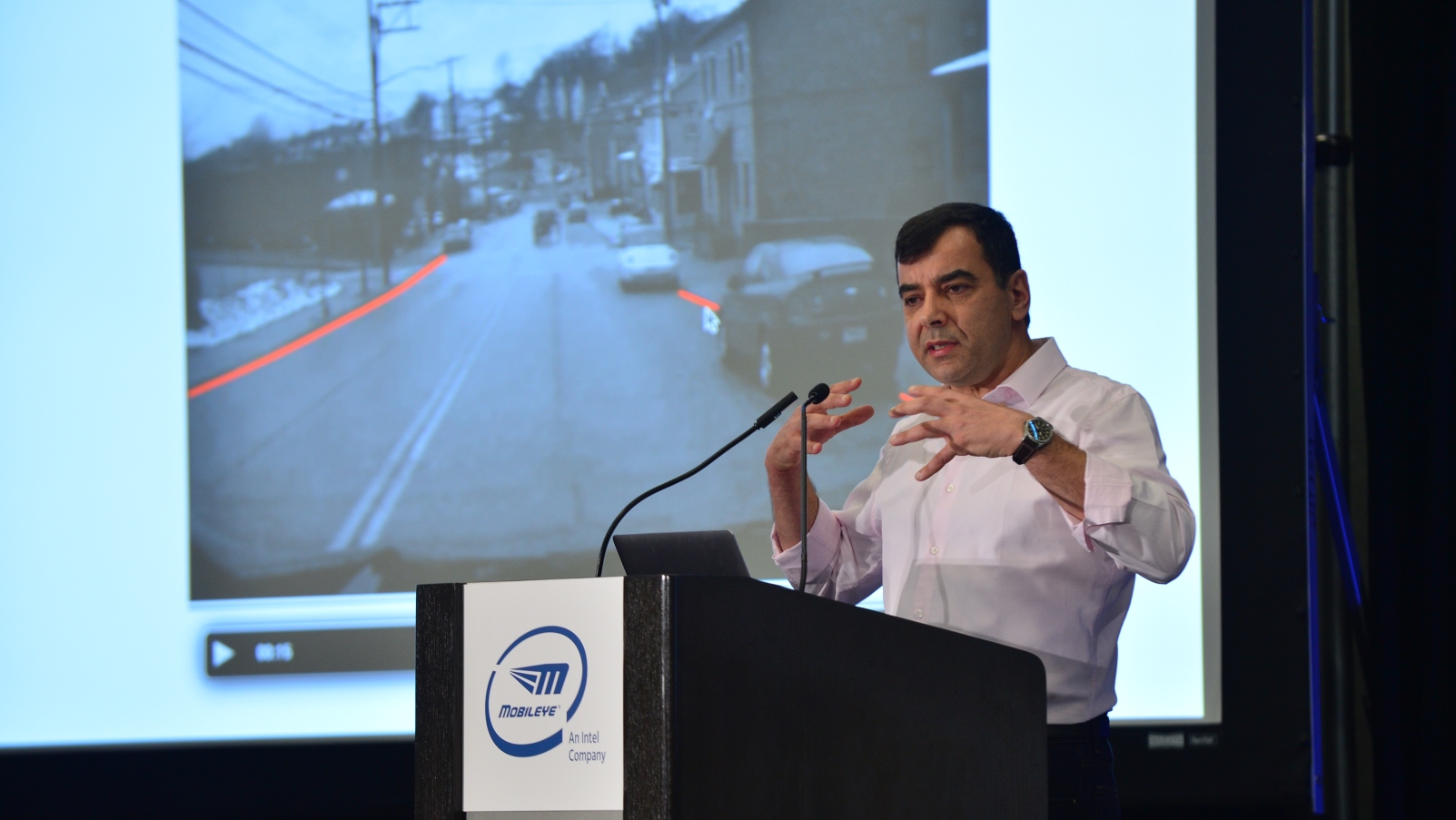
The Ford Fusion was just a prototype, but another Mobileye product is already installed in 2 million cars from BMW, VW, Nissan and eight other car manufacturers, Krzanich announced at CES.
The technology – dubbed REM (for “road experience management”) – uses Mobileye sensors to draw high-definition maps of road conditions in near real time, crucial for both fully autonomous driving and the advanced safety systems of today’s cars.
REM will be heading to the Far East, as well, through a collaboration Intel announced with carmaker SAIC to develop self-driving vehicles in China using Mobileye technology.
Israeli auto-tech tailgate party
Mobileye may have been the highest-profile Israeli technology cruising the Las Vegas Strip, but it was hardly the only startup from Israel to hitch a ride at the show this year. And for Israeli auto-tech, in particular, the convention center felt at times like a Las Vegas tailgate party.
Ness Ziona-based Foresight showed off its QuadSight Vision product. Competing with Mobileye, QuadSight uses four cameras with two pairs of stereoscopic infrared and daylight cameras (which Foresight says exceed a human driver’s ability to see 3D objects in real time) to help self-driving cars avoid obstacles. QuadSight works regardless of inclement weather or poor lighting conditions.
Israeli vehicle chip-maker Autotalks displayed its “vehicle to everything” communication technology, which can help self-driving and conventional cars avoid collisions and drive through hazardous roads. Autotalks’ booth at CES was run in collaboration with global semiconductor maker STMicroelectronics.
https://youtu.be/crSENEFAF5s
Dodging accidents may be what most people think of when they vent their fears about self-driving cars, but equally important to making the nascent industry viable is keeping costs – and weight – down. This week at CES, Hod Hasharon-based Valens showcased a new chipset that can transmit up to 2 Gbps of data over a single 50-foot cable.
That may sound less glamorous than stereoscopic vision, but it’s a critical piece of the self-driving puzzle. Autonomous vehicles require a lot of data for all those cameras, sensors and radar units (not to mention the in-car entertainment system) to work – and the data has to move fast.
Current in-car cabling tops out at only 100 Mbps, so the Valens solution is significantly faster. Valens is also using standard unshielded cables, which are cheaper and lighter. With so much tech and cabling in the latest cars, weight is increasingly becoming an issue. Valens raised $60 million in April 2017 and signed a deal with Daimler to include its technology in the company’s cars by 2020.
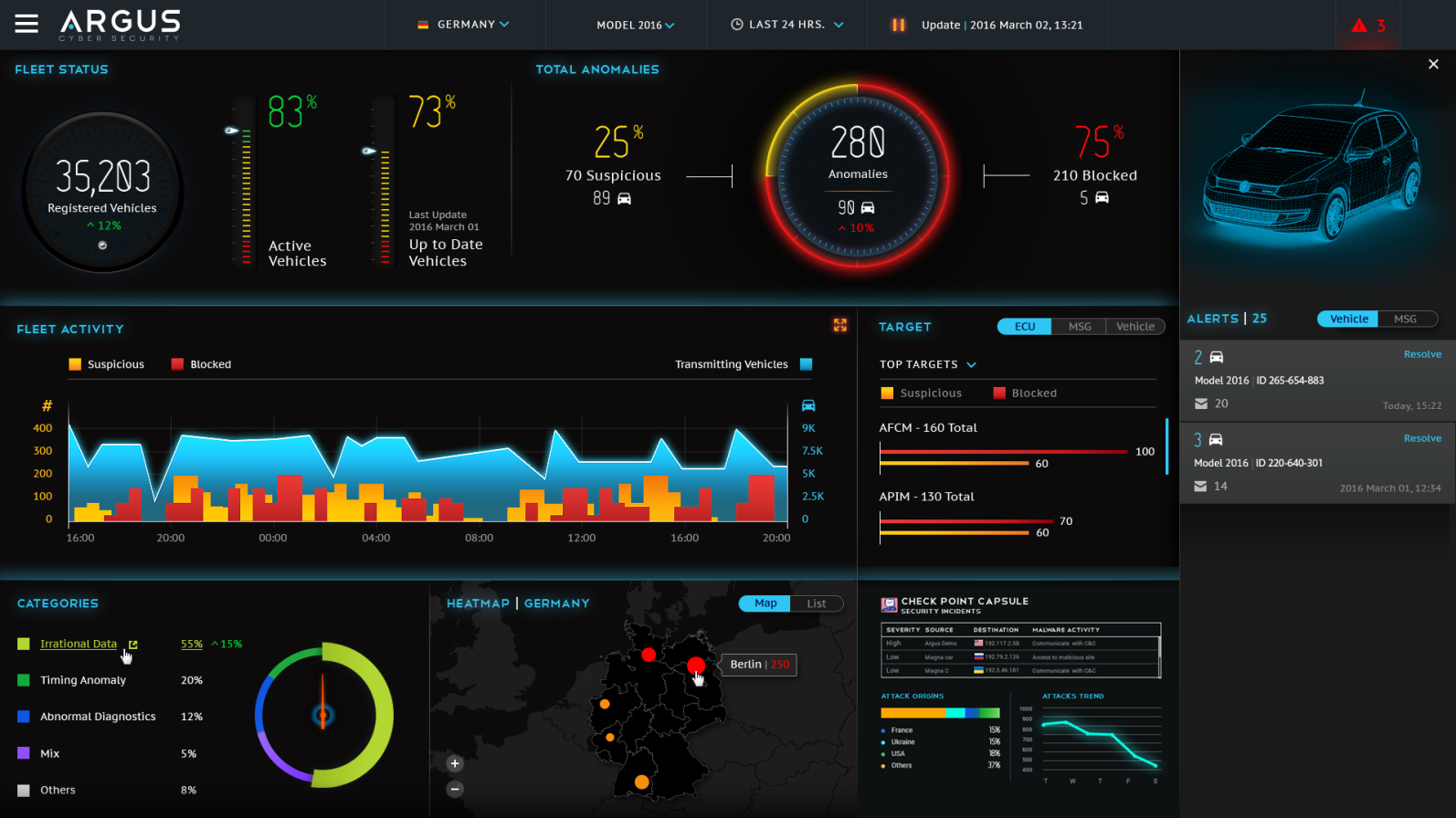
Other auto tech companies from Israel at CES this year include Argus Cyber Security, which protects connected cars against hackers; Phantom Auto, which allows an offsite tele-operator to drive an autonomous vehicle by “remote control” (the company drove a Lincoln MKZ down Las Vegas’s busy Tropicana Avenue with an operator sitting some 500 miles away in Mountain View, Calif.); and Otonomo, which is building a cloud-based ecosystem for sharing car data with third parties – think insurance companies, fleet managers and automakers.
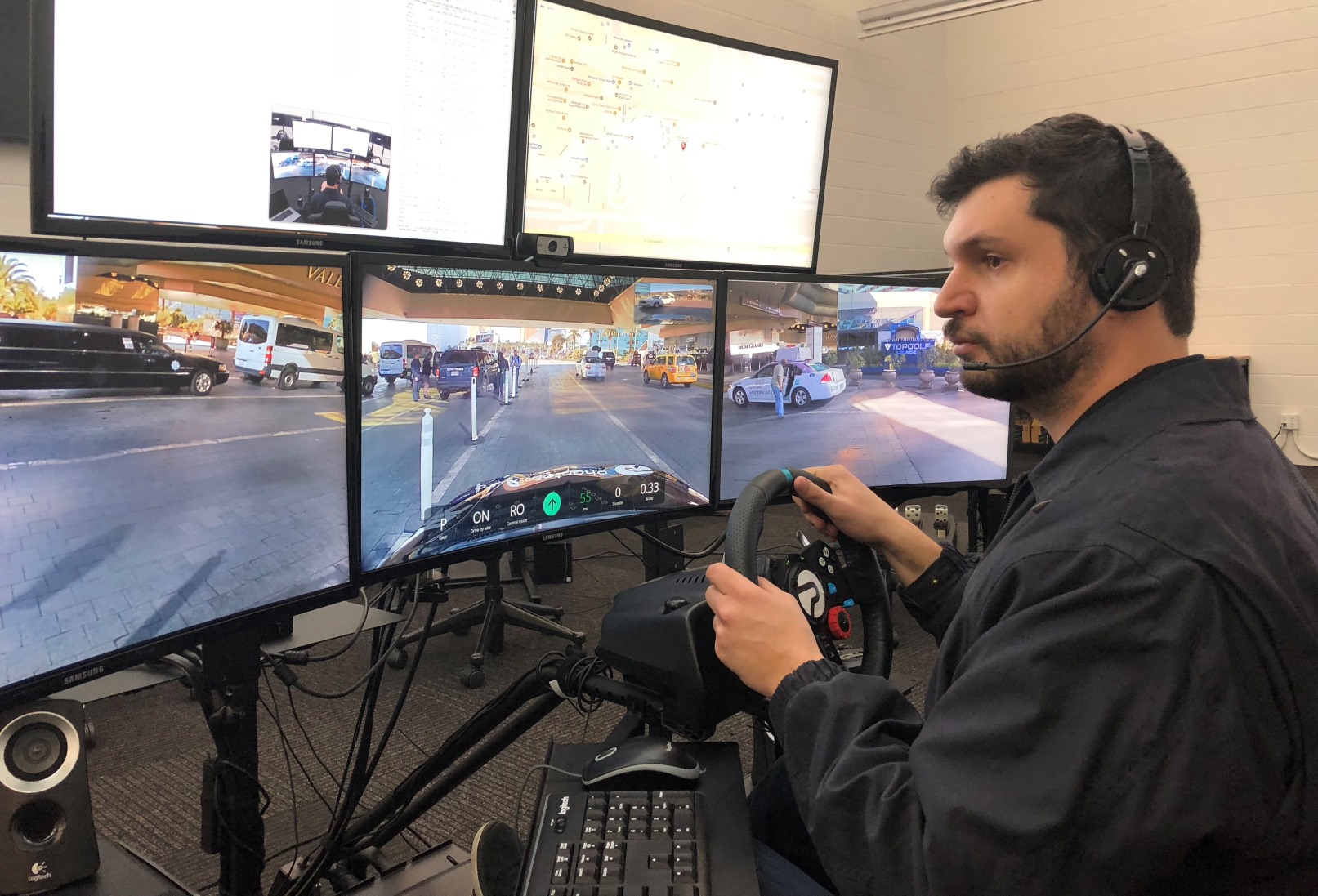
Chips ahoy
CES is not just about cars, of course. The conference, which started in 1967, has long been the go-to event for debuting the latest computer games and speedy chips.
Accordingly, Intel made waves at the show with its new generation of Israeli-developed WiFi chips.
The 802.11ax is 40 percent faster than the 802.11ac standard in the latest mobile devices, Intel claims. That’s good news for anyone grabbing the WiFi at a Silicon Valley coffee shop crowded with tech entrepreneurs all displaying their demos at once: The 802.11ax allows 250 devices to share bandwidth simultaneously, explained Doron Tal, who heads up Intel’s wireless communications for smart homes division. It will be backwardly compatible to boot.
Another Israeli company at CES – this time in the burgeoning augmented reality space – was hardware developer Lumus, which unveiled its new Vision optical engine. Vision allows those wearing the company’s AR glasses to enjoy full peripheral vision with 1920 x 1080 pixel resolution. That’s the quality of a really good YouTube video.

Ramat Gan-based Intuition Robotics won one of 31 CES “Best of Innovation” awards for its ElliQ, an artificially intelligent “social robot” designed to keep older adults active by engaging them in conversation, prompting them to take their medications or go for a walk, and easily calling up digital content (music, videos, phone calls).
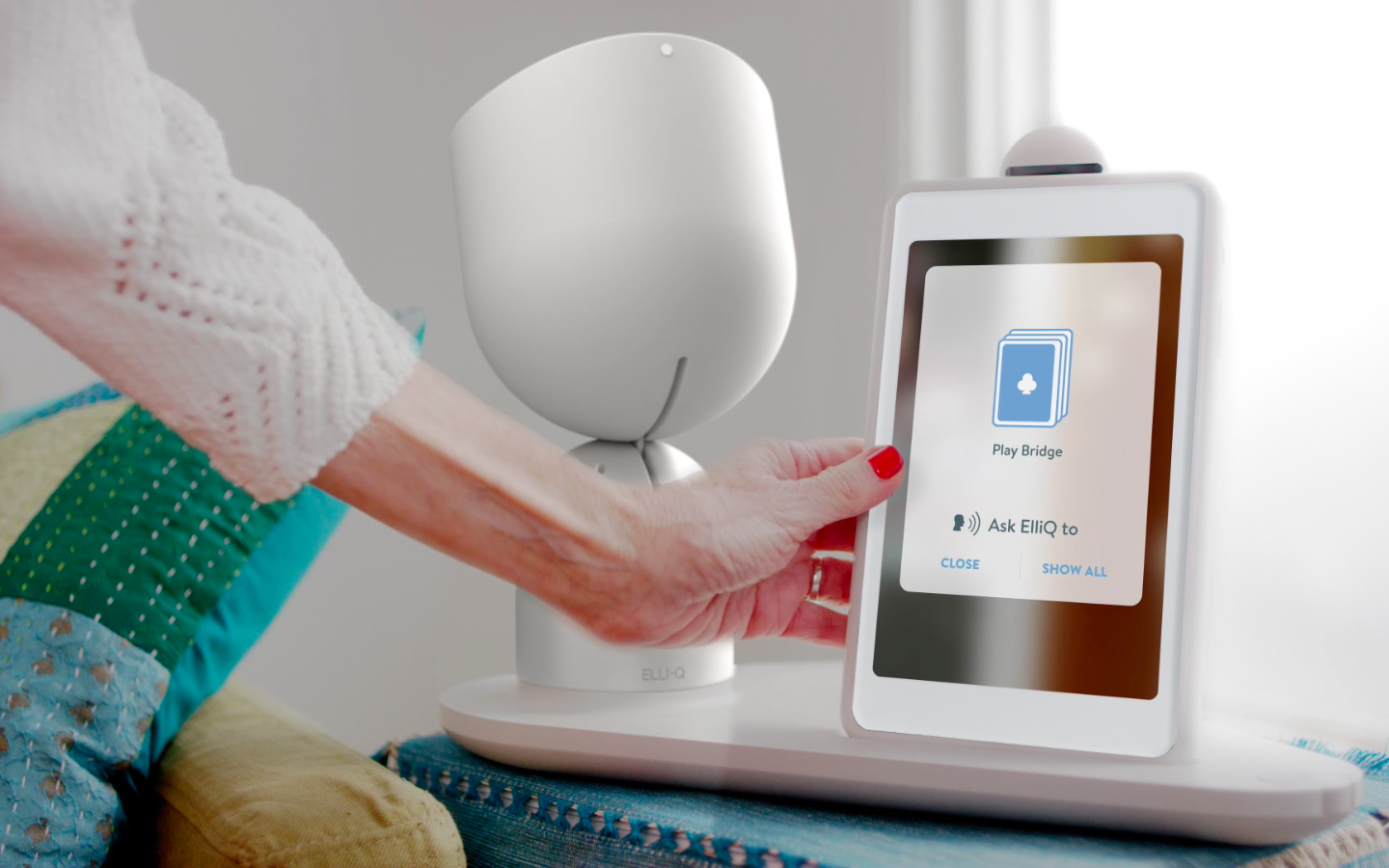
Another winner at CES: Jerusalem’s Lishtot (Hebrew for “to drink”), which beat out 15 companies at a CES-sponsored “Startup Night” competition for its TestDrop Pro, a handheld device that can detect water contaminants such as E. coli, lead, arsenic and various chemicals.
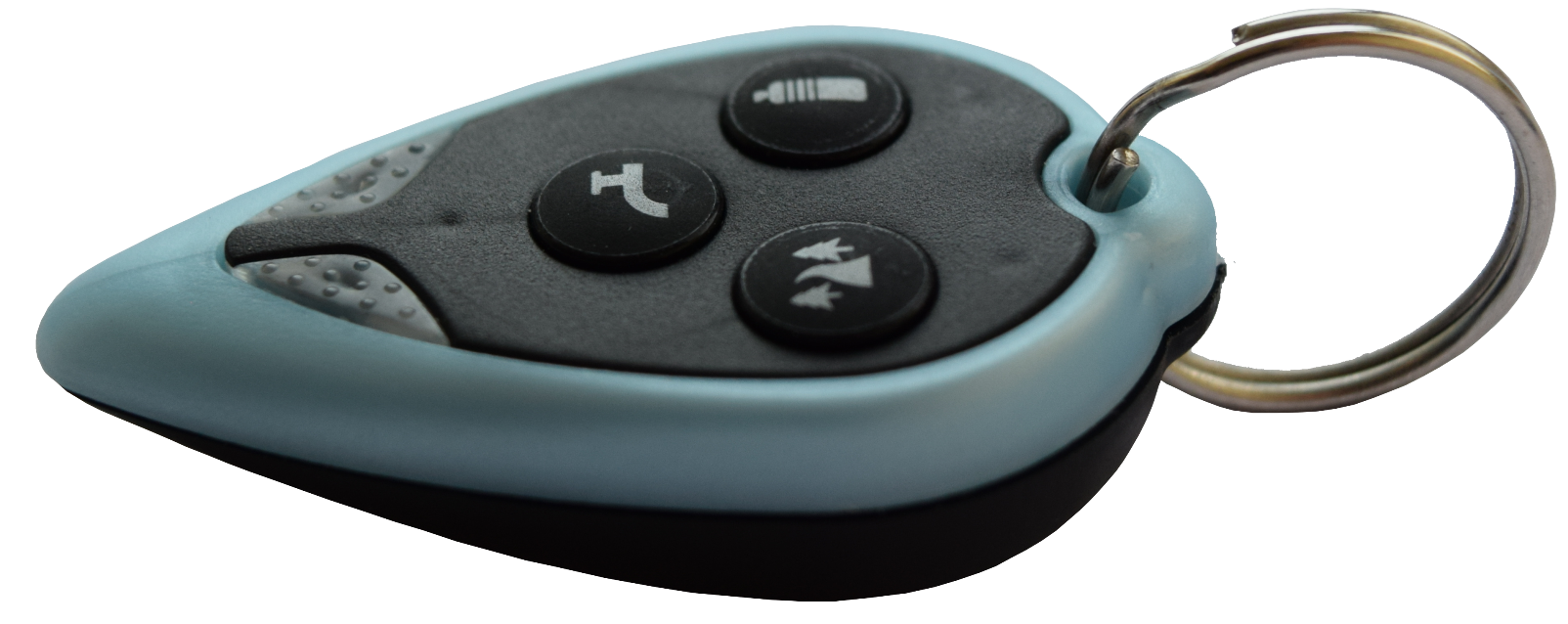
Third place in the Startup Night competition went to Israeli company ICI Vision, which is developing sight-enhancement digital eyewear, a cutting-edge technology restoring sight for the blind.
Israeli tech was all over CES. But for those in search of blue-and-white products, there was one convenient address: the official delegation at the Israel Export Institute’s booth, which hosted over a dozen Israeli startups. Click here for the full list.




